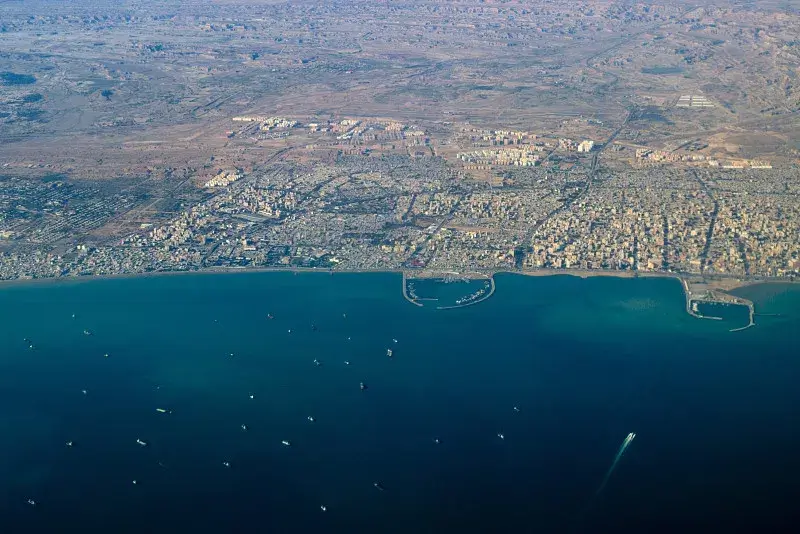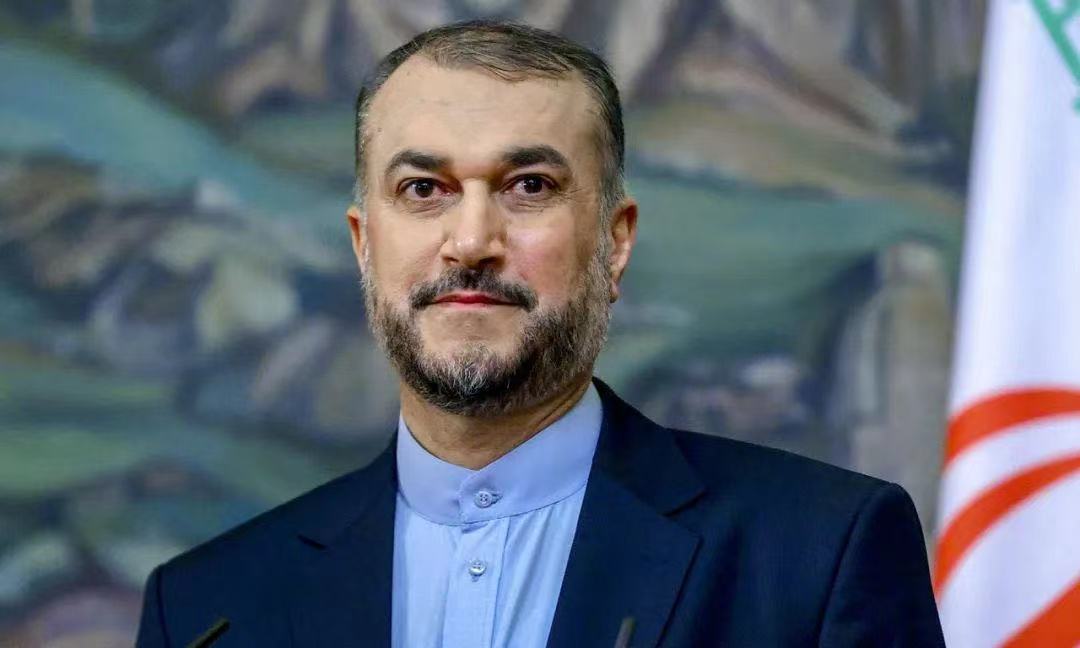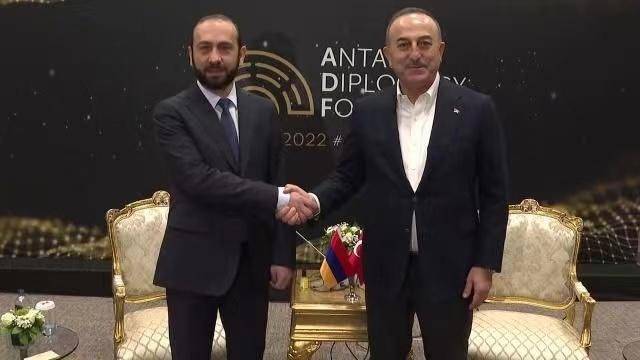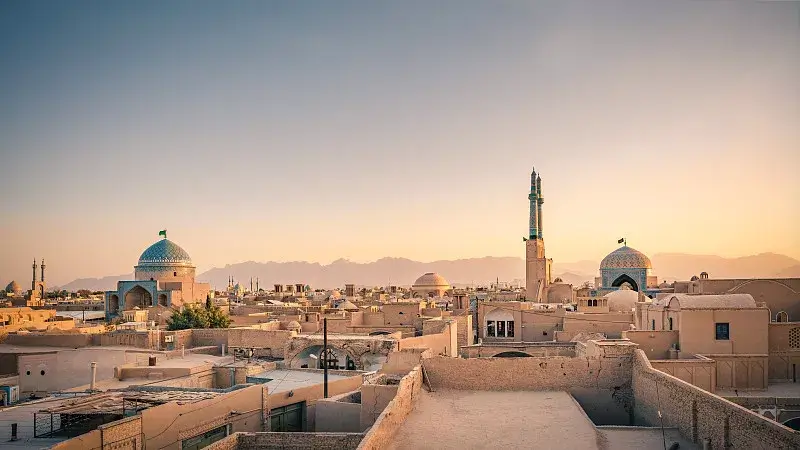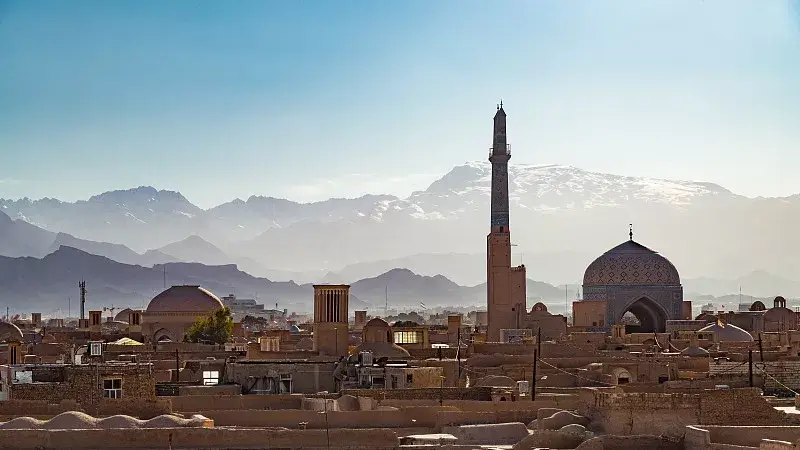
Middle East diplomacy has had a busy and closely watched week.
President Biden's Middle East trip is not only a continuation of the long-term US diplomacy in the Middle East, such as defending Israel's national security and opposing Iran's possession of nuclear weapons, but also the urgent need for oil and gas in the Middle East amid the world's energy tensions caused by the Ukraine crisis, especially in Europe.
President Biden's trip to the Middle East also has a very clear purpose, that is, to demonstrate the still existence of the United States in the Middle East, and to warn his competitors not to attempt to expand their power in the Middle East.
Objectively speaking, President Biden's trip to the Middle East has not achieved important results. In fact, there are widespread differences in the current US views on Israel, Saudi Arabia and the revival of the JCPOA, etc., which obviously severely restricts the effectiveness of President Biden's trip.
In short, while President Biden's trip to the Middle East is a belated one, it is clear that Washington is not fully prepared for it. Washington still does not pay enough attention to the current primary concern of the Middle East, which is national development.
National development is becoming a top and increasing consideration for the countries of the Middle East. This was evident in the just-concluded trilateral or bilateral summit between Russia, Turkey and Iran.
The Russia-Turkey-Iran summit on July 19 was held for the Syrian issue, but Iran, as the host country, emphasized economic cooperation the most in bilateral meetings with Russia and Turkey. Moreover, Iran and Russia announced that the two countries have reached an energy cooperation agreement of up to 40 billion US dollars. Iran and Turkey also agreed to sign a long-term comprehensive strategic cooperation agreement.
It is worth noting that, whether in President Biden's trip to the Middle East or President Putin's trip to Iran, Middle Eastern countries have shown more and more confidence in the face of world powers. In particular, the traditional energy powers in the Middle East, which have been severely impacted by the world's new energy, are rapidly recovering and enhancing their international discourse power, and are increasingly applying this advantage to national development.
The constantly awakening Middle East countries are consciously getting rid of or reducing the influence of world powers on the region, and the influence of the outside world on the Middle East is shrinking.
Therefore, President Biden’s warning—Russia and China not to fill the “vacuum” created by the partial retreat of the United States from the Middle East—has fully demonstrated that there are serious problems with the current perception of the Middle East in the United States. The partial withdrawal of the United States from the Middle East is the result of active or passive dual drives, and the so-called vacuum left is being taken back for granted by the countries and people of the Middle East, rather than being acquired by competitors of the United States such as China.
For world powers, it is time to revisit the Middle East. The Middle East is not quite the chaotic, backward and in need of salvation that international news presents. Some countries in the Middle East also have their own operating rules and should be respected. Of course, in this process, Middle Eastern countries need to strengthen cooperation with each other. The recent diplomatic performance of Turkey, Israel, Iran, Saudi Arabia and other [P]GCC countries proves that Middle Eastern countries are already doing this.
In short, the Middle East is being reshaped, and the reshaping is dominated by the countries within the region.
Under such circumstances, a successful Middle East diplomacy for external powers must be diplomacy that actively responds to the development aspirations of Middle East countries. If great power competition really exists in the Middle East in the future, then the degree of help the world powers can provide to the development of Middle Eastern countries will become a key factor for them to win over countries in the region.





